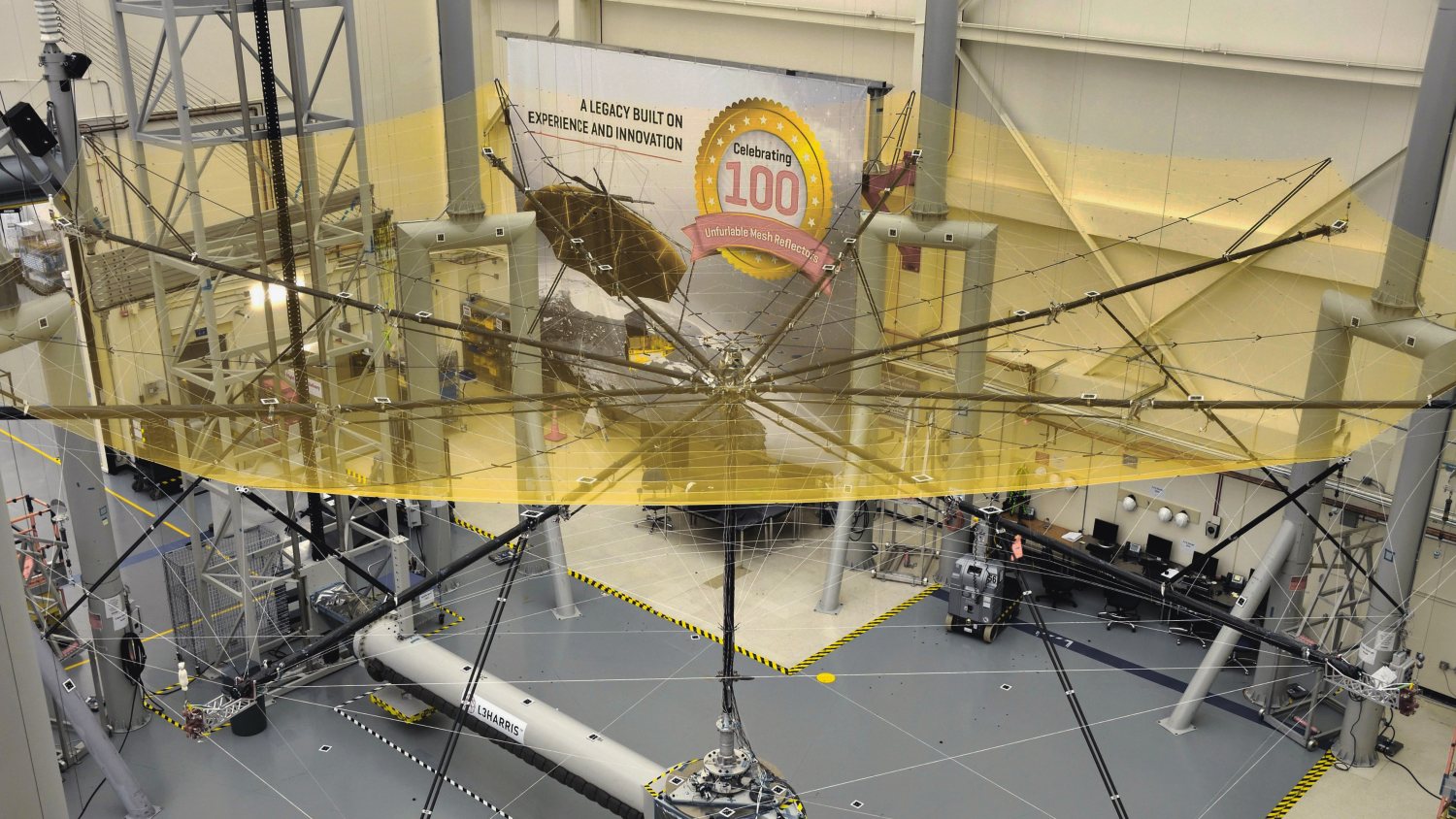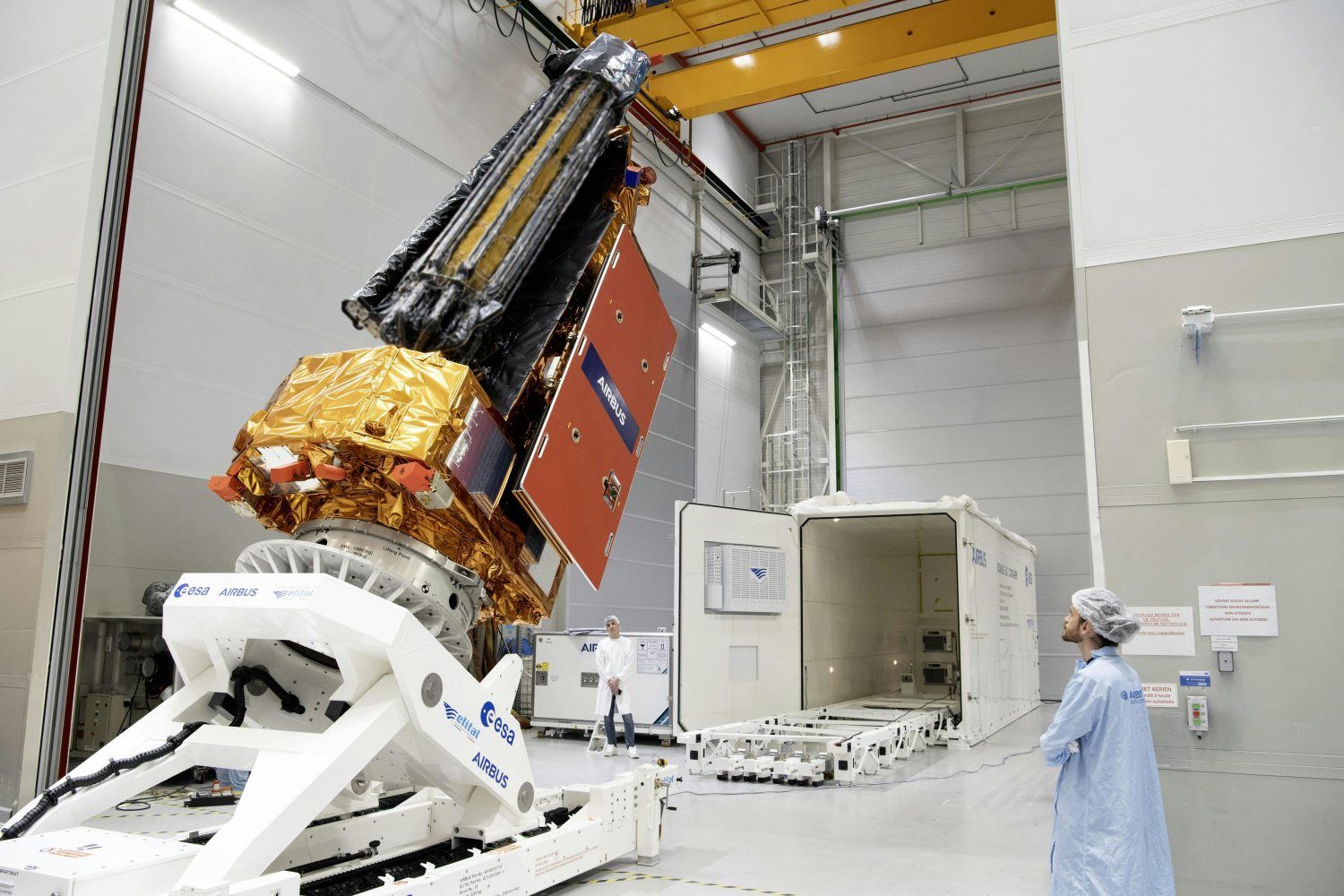The Biomass satellite, built by Airbus for the European Space Agency (ESA), has departed from Toulouse en route to Kourou, French Guiana, via maritime transport ahead of its scheduled April 2025 launch. Part of ESA’s Earth Explorer program, the satellite aims to measure forest biomass and assess terrestrial carbon stocks and flows from an orbit 666 km above Earth.

Advanced Radar Technology for Forest Monitoring
Biomass will carry the first-ever P-band synthetic aperture radar installed on a spacecraft, enabling it to create high-resolution maps of tropical, temperate, and boreal forests. A key feature of the satellite is its deployable 12 x 15-meter antenna, designed to collect data that helps track biomass loss and regrowth, information that is challenging to obtain through ground-based measurements.
"The launch of this flagship mission is a major milestone after years of hard work and dedication from all our teams," said Alain Fauré, Head of Space Systems at Airbus Defence and Space. "The satellite’s innovative technology will allow climate scientists to accurately assess carbon stocks and flows from space, helping us better understand the role forests play in climate regulation."
Testing, Deployment, and Operational Phases
According to Airbus, the testing campaign took place in Toulouse, led by engineers from Stevenage (UK), with support from teams in France, Germany, and other nations. The project has involved over 50 companies from 20 countries.
Following launch, the satellite will undergo commissioning and operational phases, while an independent team manages the delivery of a ground calibration transponder located in New Norcia, Australia. Described as ESA’s flagship mission for forest biomass analysis, Biomass will provide critical data on carbon stocks and flows, contributing to a better understanding of forests' role in climate regulation.
Launch and Mission Timeline
Biomass is set to launch in April 2025 aboard a Vega-C rocket and is expected to operate in orbit for five years.


Comentarios
Para comentar, debés estar registrado
Por favor, iniciá sesión